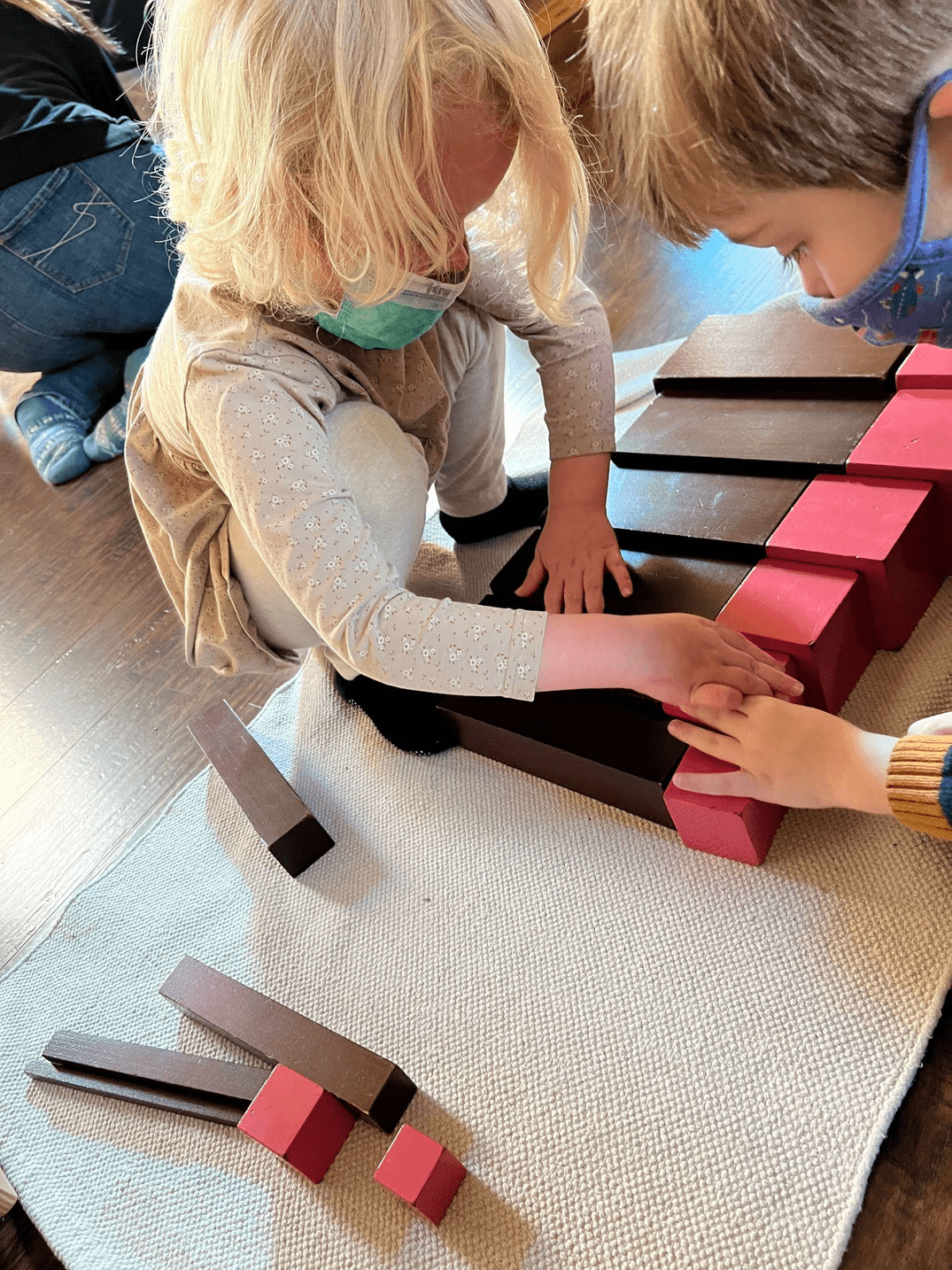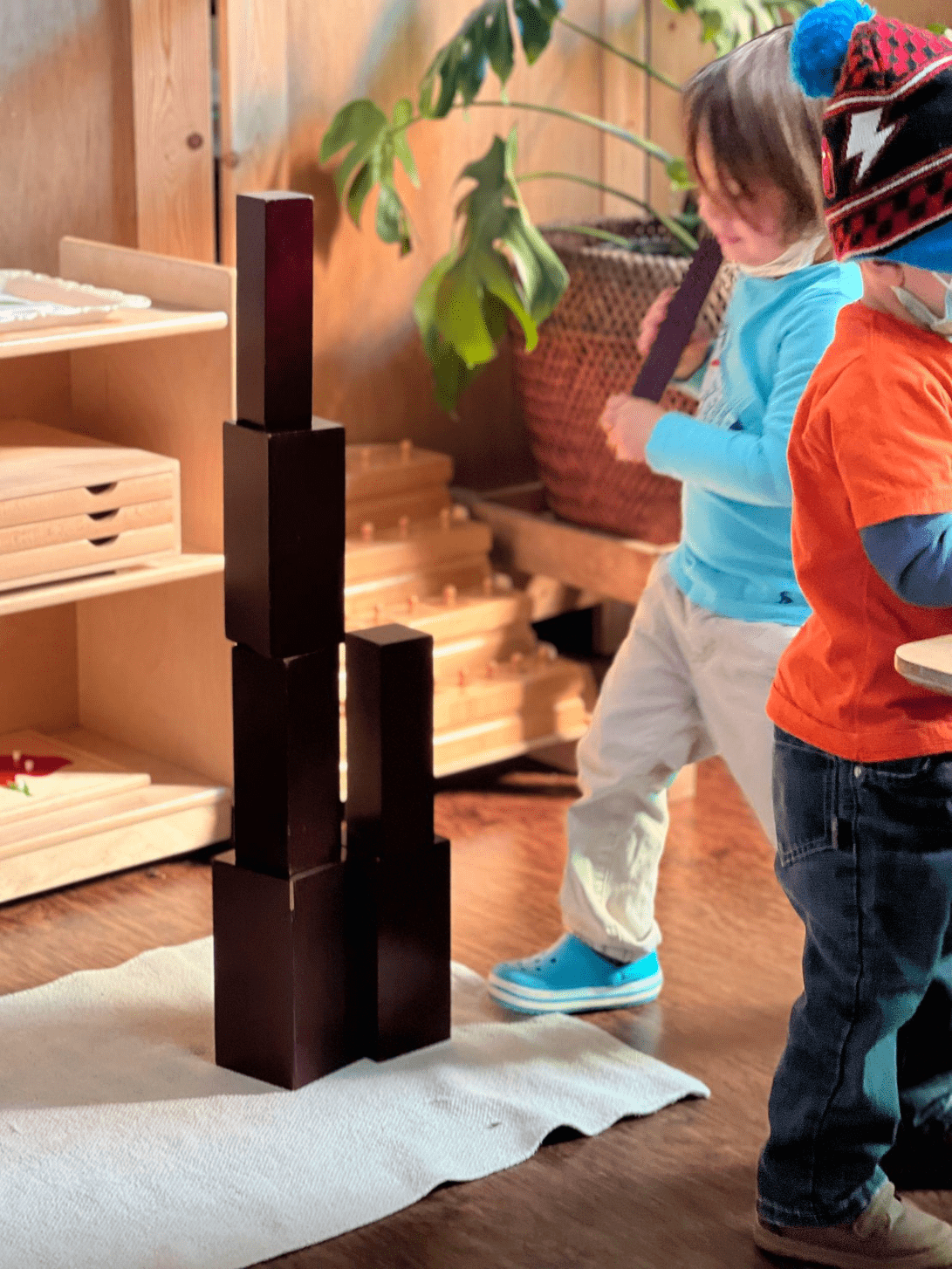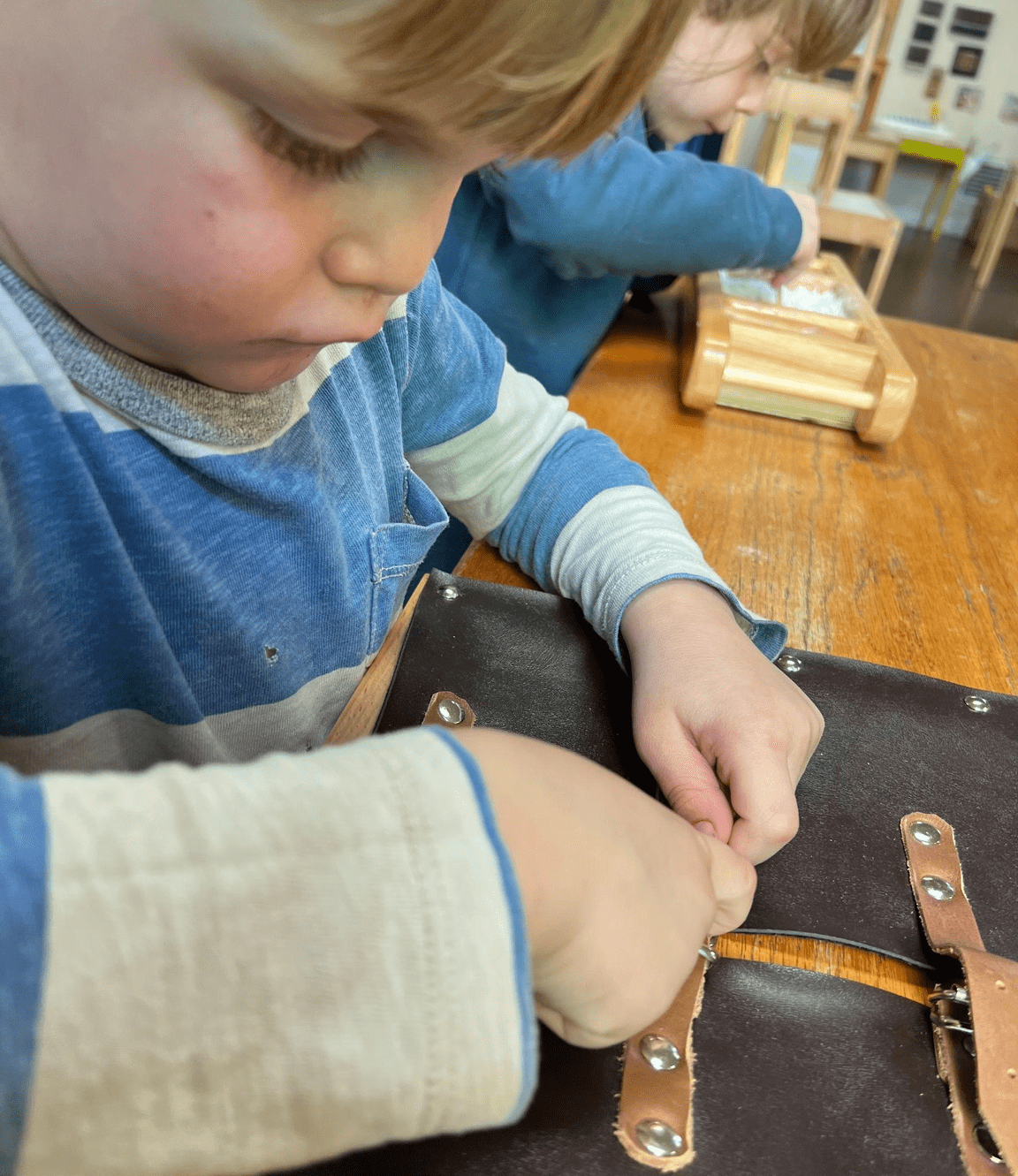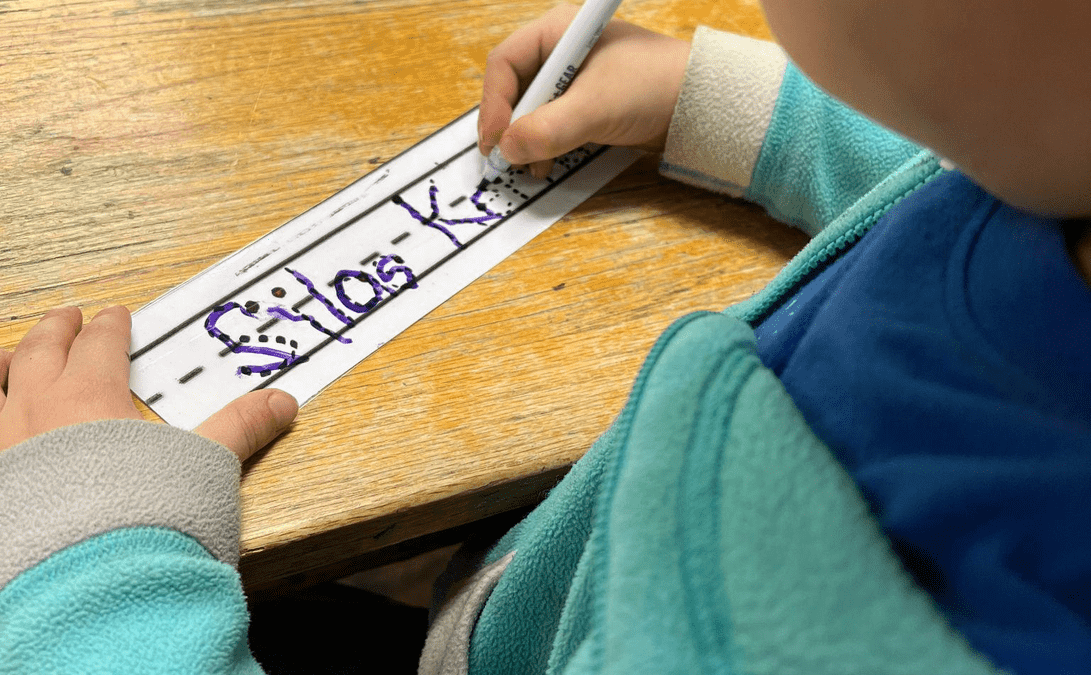Creativity is an important attribute for everyone in life. Whether you’re working in a highly-competitive sales environment or crunching numbers behind your desk, you’ll find creativity can help you excel in your job. More importantly, creativity can help you discover unique ways to solve problems.
Research shows there’s a strong correlation between creativity and intelligence. Intelligent people are generally also more creative than their counterparts. Early scientific studies set the threshold for highly intelligent people at an IQ of 120. They found that participants crossing this threshold demonstrated greater creativity than those below it.
It’s crucial to cultivate creativity in children from an early age. While creativity might be inherent, it must still be nurtured. Hence, you’ll want to ensure that your child’s creativity isn’t stifled but instead cultivated during their formative years.
Most children’s early childhood development comes from their preschool. Parents must ensure they select the right education system and philosophy that helps their child grow and cultivate creativity, among other values. As a result, parents often face a challenging dilemma. They have to choose between Montessori and traditional education when selecting a preschool for their young ones.

Why is Creativity Important?
Creativity is important for children because it helps with self-expression. It teaches them to understand the world by using their imagination. Creative children are likelier to place themselves in others’ shoes and view situations from different perspectives. Creativity also helps broaden children’s imaginations, giving them better problem-solving skills as they get older.
However, that’s not all. Research shows creative children are likelier to exhibit leadership qualities and an entrepreneurial spirit and have more success acquiring language skills. These attributes contribute to their success and fulfillment in education and careers. Therefore, if you want your child to be the next great entrepreneur with a revolutionary idea or a world-renowned architect, you’ll want to ensure you cultivate their creativity from an early age.
How Does Montessori Education Cultivate Creativity?
Montessori education cultivates creativity in several ways. Pause momentarily, and think about the Montessori classroom. It’s a completely different environment from a traditional classroom. Montessori classrooms are color-rich, harmonious, and ordered. They have numerous learning materials to engage students, allowing them to discover their interests. Montessori classrooms are also visually appealing and spacious, allowing children to express themselves physically and intellectually.
Montessori classrooms also cultivate creativity through learning materials, the social environment, and outdoor learning. Let’s assess how Montessori education contributes to your child’s creative development.

Creativity Through the Social Environment
Montessori classrooms significantly differ from traditional school classrooms. They’re children-centric environments that promote hands-on learning through discovery and experimentation. Children can navigate mentally and physically through daily work cycles and activities.
Montessori classrooms also often have group activities where children must pair together to devise creative solutions to problems. These activities encourage collaboration. It’s well-known that collaboration facilitates idea generation, knowledge exchange, and information transfer, contributing to creativity.
Mixed-age classrooms are also a hallmark of Montessori classrooms. Grouping children irrespective of their age helps with their social and emotional development. Leadership opportunities also present themselves in mixed-age classrooms. Older children can serve as role models and mentors for their younger counterparts.
Creativity Through Learning Materials
Self-correcting learning materials are a hallmark of Montessori classrooms. These materials are designed to promote creativity within children. Montessori classrooms will place these learning materials to make them easily accessible for children. Students can choose the materials they want to play with and use based on their interests. Therefore, these materials promote exploration and discovery, helping children learn more about themselves and their passions. Since these materials are self-correcting, they also encourage autonomy in children. They can use these materials without requiring assistance or intervention from their teachers.
These materials are also small and easy to utilize for children. Many are also uniformly sized, meaning children can use them together in more creative ways.
Creativity Through Art
The Montessori Method strongly advocates artistic expression. As a result, Montessori schools will often have dedicated arts and crafts areas in the classroom. In addition, they’ll also have numerous artistic and creative activities in their curriculum. Some Montessori schools offer movement and music classes to promote creative development further.
Arts and crafts in Montessori schools are also open-ended and process-based, encouraging creative expression and problem-solving.
Developing Creativity Through the Great Outdoors
Dr. Maria Montessori was a great proponent of physical activity, particularly in the great outdoors for children. She understood children’s inherent needs to communicate and interact with the world around them. As a result, she emphasized developing a child’s physical skills. Dr. Montessori also wrote in-depth about how physical development can impact a child’s creativity. She advocated allowing children to explore the outdoor environment through unstructured play to facilitate physical and creative development.
The Montessori Method also focuses on ensuring children develop fine motor skills that will help them with creative activities like painting, writing, and drawing through physical development. In addition, Montessori education believes that sensory exploration is crucial for children to learn more about their surroundings.

Enroll Your Child in Ithaca Montessori – A Leading Montessori Preschool in Nashville, TN
Are you looking to enroll your child in a Preschool in Nashville, TN? Ithaca Montessori is a Montessori school that focuses on Early Childhood Development Nashville. Their kid‘s education program can prepare your child for success later in life. The Montessori is perfect Montessori for 3-6 year old Nashville. Visit their website for more information. Alternatively, contact them today to learn more.
About The Author
Jermaine Coleson holds a master’s degree in Education from Fayetteville State University. Coleson always held an interest in early childhood education and development. He acquired this interest from his Uncle Phil, who played a significant role in his upbringing. Coleson has studied the impact of education on children’s brain malleability since 2006. He’s currently performing ongoing studies on the topic. He’s also affiliated with Ithaca Montessori and a strong advocate of the Montessori Method because his first preschool was also a Montessori preschool. Coleson enjoys listening to his vinyl records collection in his spare time.


